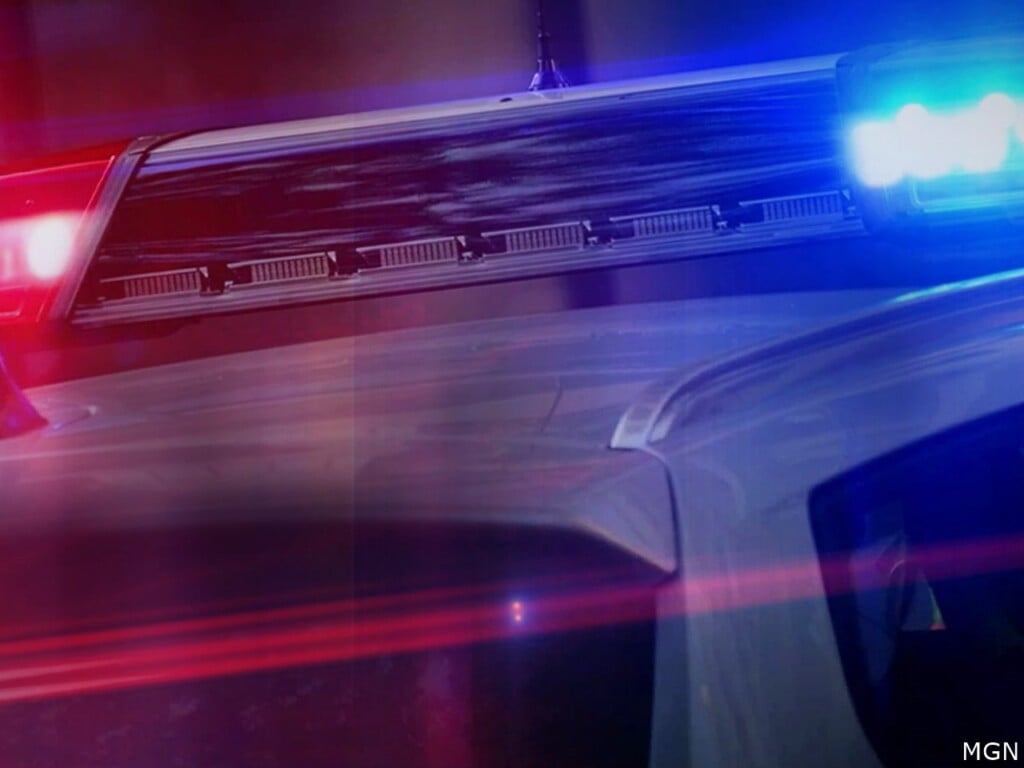Manning Awaits Word on Execution
By Jack Elliott Jr./The Associated Press
JACKSON — Willie Jerome Manning awaited word Tuesday on whether the state will execute him later in the day.
Manning’s lawyers have asked the Supreme Court to halt the execution to allow time for testing of DNA, which they say will clear him of the 1992 slayings of two Mississippi State University students.
The execution is scheduled for 6 p.m. Tuesday at the state prison in Parchman.
The Supreme Court, in separate rulings, has declined to grant Manning time for the tests and to stop his execution.
A spokesman for Gov. Phil Bryant said the governor has not decided whether to block the execution.
The bodies of Jon Steckler and Tiffany Miller were found in rural Oktibbeha County in December 1992. They had been shot to death. Manning was convicted in 1994. Prosecutors said Manning was arrested after he tried to sell some items belonging to the victims.
In a response Monday to Manning’s latest filing, the attorney general’s office said the inmate’s attorneys have not produced any new information that should stop the execution.
The FBI has offered to conduct the DNA testing after saying its microscopic analysis of evidence, particularly of hair samples found in Miller’s car, contained erroneous statements. Manning’s lawyers seized on that statement as key to seeking a stay of execution.
“This motion is compelled by the extraordinary admissions by the FBI,” wrote Manning attorney Robert S. Mink in the brief.
On Monday, Hood said there is “overwhelming evidence of guilt” unrelated to the hair. He also said Manning’s attorneys could have had DNA testing done independently years ago, but Hood said it never came up until March.
“I don’t want anybody out there to think the state of Mississippi wouldn’t pay for DNA testing if it would make a difference. In this case it wouldn’t,” Hood said.
“It is through no fault of Willie Manning or his counsel that these revelations from the FBI have only just come to light,” Mink said in a response filed late Monday. “The false testimony was uncovered as part of a full internal review at the Department of Justice of all cases in which FBI agents have performed forensic hair analysis and subsequently testified in trials.”
Hood said the FBI letters were just the agency detailing in writing the changes in the way testing is done now.
In its statement, the FBI says its expert should have testified that he only determined that the hair fragments exhibited traits associated with African-Americans, not that it came from an African-American.
Mink said the statement then given at Manning’s trial was false.
“The FBI’s misleading exaggeration of the hair’s probative value was just what the prosecution needed … (it) allowed the prosecutor to make the incorrect statistical argument that the hair increased the odds that Manning was the perpetrator of the crime.
In the court filing Monday, Hood said “the supposed ‘new’ evidence does not represent new evidence nor do these letters from DOJ represent, when read in context, a repudiation of the testimony” offered by an FBI agent during the trial.
Mink said DNA testing has ever been performed on key evidence.
“To pass on this issue and sanction the execution of Willie Manning, even in light of these revelations, would be counter to fundamental due process, the eight and fourteenth amendments to the Constitution and the Mississippi Constitution. The state clearly relied on the forensic hair analyst’s testimony to link Willie Manning to the crime scene and forensic testimony is known to have an impact on juries. Even in a non-capital case, this would be enough to remand the case for an evidentiary hearing on the issue of the hair analysis,” Mink wrote.
In its 5-4 ruling on April 25, the state Supreme Court said there was “conclusive, overwhelming evidence of guilt” presented an Oktibbeha County jury.
The Supreme Court said the jury heard from Manning’s cousin and a prison cellmate that Manning has confessed to the slayings. The court said other witnesses testified that Manning tried to sell them items that were later shown to have belonged to Steckler and Miller.
Manning’s girlfriend testified that days before the slayings, Manning had been firing a handgun at a tree behind their house, according to court records. FBI experts testified they matched bullets from the tree to those recovered from the scene of the slayings.





Leave a Reply